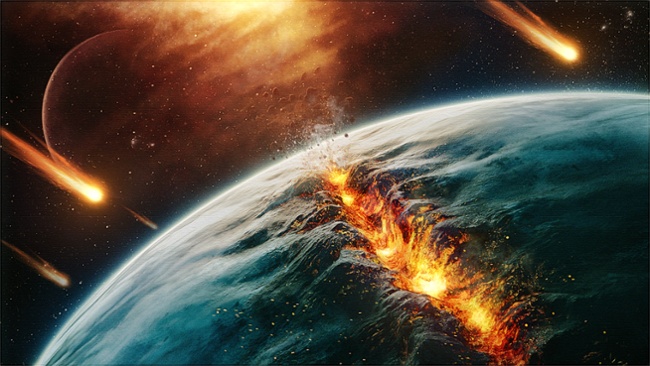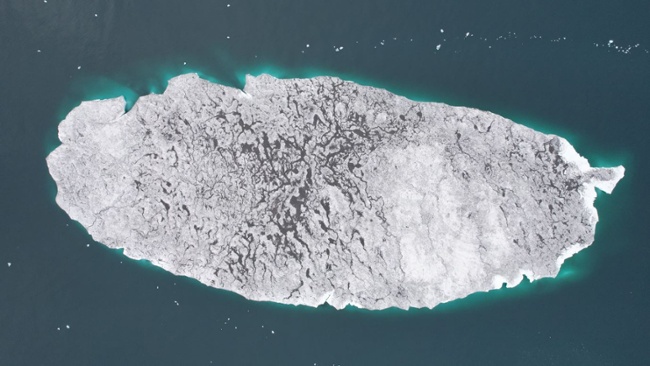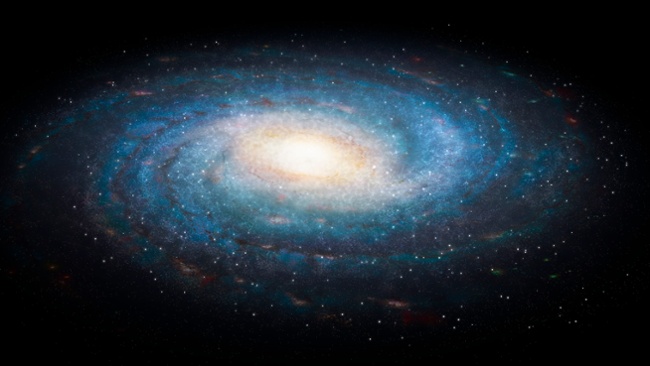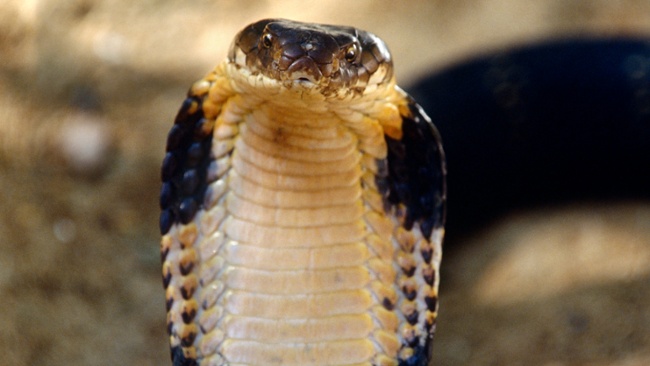"Did plate tectonics give rise to life? New research could crack Earth's deepest mystery."
Views expessed in this science and technology update are those of the reporter and correspondents. Accessed on 11 November 2024, 1612 UTC.
Content and Source: https://www.livesciencenewsletter.com.
Please check link or scroll down to read your selections. Thanks for joining us today.
Russ Roberts (https://hawaiisciencejournal.blogspot.com).
| ||||||||||||||||||||||||||||||||||||||||||||||||||||||||||||||||||||||||||||||||||||||||||
|








No comments:
Post a Comment
Welcome to "Hawaii Science Journal". Here you'll find the latest stories from science, technology, medicine, and the environment.